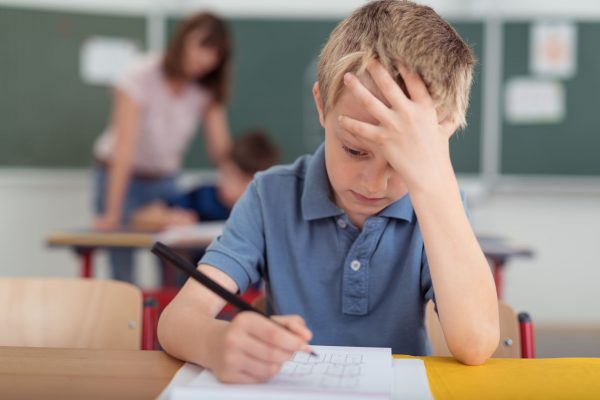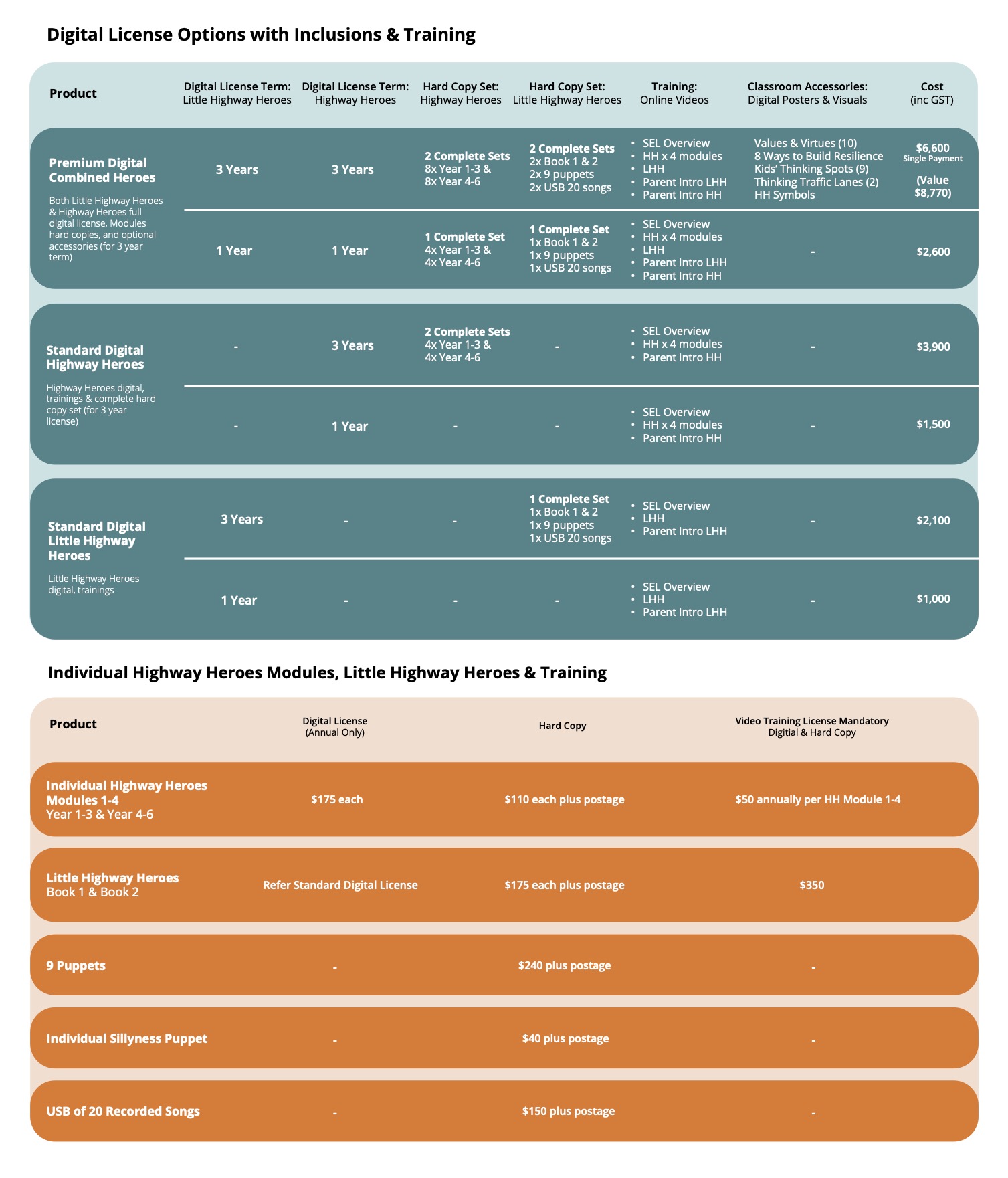Helping children to embrace their learning opportunities
There’s a lot of talk about mistakes, the ‘positivity’ of failure’ and the learning opportunities they bring. Mistakes are a regular visitor in the life of a child – but bringing for many a sense of shame, or perhaps denial that they even occur with the common refrains
- “It wasn’t me.”
- “I didn’t do it on purpose.”
- “It’s not my fault.”
- “You told me to do it that way!”
Why is making mistakes so hard to do – and accept?
“I told you so,” or “Now what did I say?” are common responses to the making of mistakes in childhood. The adult wisdom that comes with years of experiencing the natural and enforced consequences of actions is still part of what needs to be learned by a child.
Making mistakes is an expected – required part of learning, however, there are some common fears that contribute to de-valuing the opportunity that a mistake can bring:
- Fear of failure
- Fear of disappointment
- Fear of judgement
- Fear of being ‘found out’
How many children have their potential limited by their fears? And do these fears change and grow the older a child gets? One of the most powerful fear-busters is learning about mistakes, how to make and how to manage them.
Core skills that support the making of mistakes
Just as Cardio Pulmonary Resuscitation can re-ignite a human life, a child who is actively taught the CPR of learning is well able to embrace mistakes as an opportunity and not a failure.
- Confidence– to ask for help, for repetition, to have a go, to take a risk.
- Persistence– giving effort even when the going gets tough and mistakes are made.
- Resilience– knowing how to have another go… and another… and another
Not all mistakes are created equal – AH-HA!
There is usually a moment right after the making of a mistake for both children and adults that leads to the question, ‘Why did I do that?’ Here are the four most common mistakes that children – and adults – make, and yes, combined they’re one Great Big AH-HA!
Ascending mistakes
High risk mistakes
Howzat! mistakes
Absent minded mistakes
Ascending mistakes: these are learning mistakes – the ones children make as they assimilate new information or consolidate the concepts.
High-stakes mistakes: high-risk mistakes are an essential part of guided learning for children. Minimising the risk of harm is essential but eliminating the occurrence of these risks is prohibitive for the learning about the result of high-risk mistakes that happen commonly in the teen years.
Howzat! mistakes: the ‘who would’ve thought?’ moments of sheer clarify where natural consequences teach a simple lesson which needs no further .
Absent-minded mistakes: sloppy, careless, silly mistakes that happen when a child’s actions race ahead of their rational brain. These are the least useful mistake in the world of learning.
Making Mistakes: a gift, a process, an art
Mistakes help us to learn and to attain mastery; they’re a must-have accompaniment on the journey of life and some will be more helpful than others. Mistakes are an opportunity to turn what could be a stumbling block into a stepping stone to Confidence, Persistence and Resilience.
There is an irrefutable benefit in assisting children to identify their mistakes – AH-HA! and then to apply their Learning CPR when dealing with them.
Would you like to learn more?
Growth Mindset is an important player in classroom and life success. The Highway Heroes, Kids Matter approved curriculum resource has a Module (5 lessons) that helps children to develop the essential learning-to-learn skills required for classroom – and life – success. Module 3 Tricks 4 Getting Things Done is all about persistence, staying power and grit.
If you would like some more specific information on how to teach children to accept and manage mistakes, the Teacher’s Mini-Guide – The Complete Guide to Making Mistakes goes into more details of these tips, tricks and includes 4 free posters to use in your classroom.


